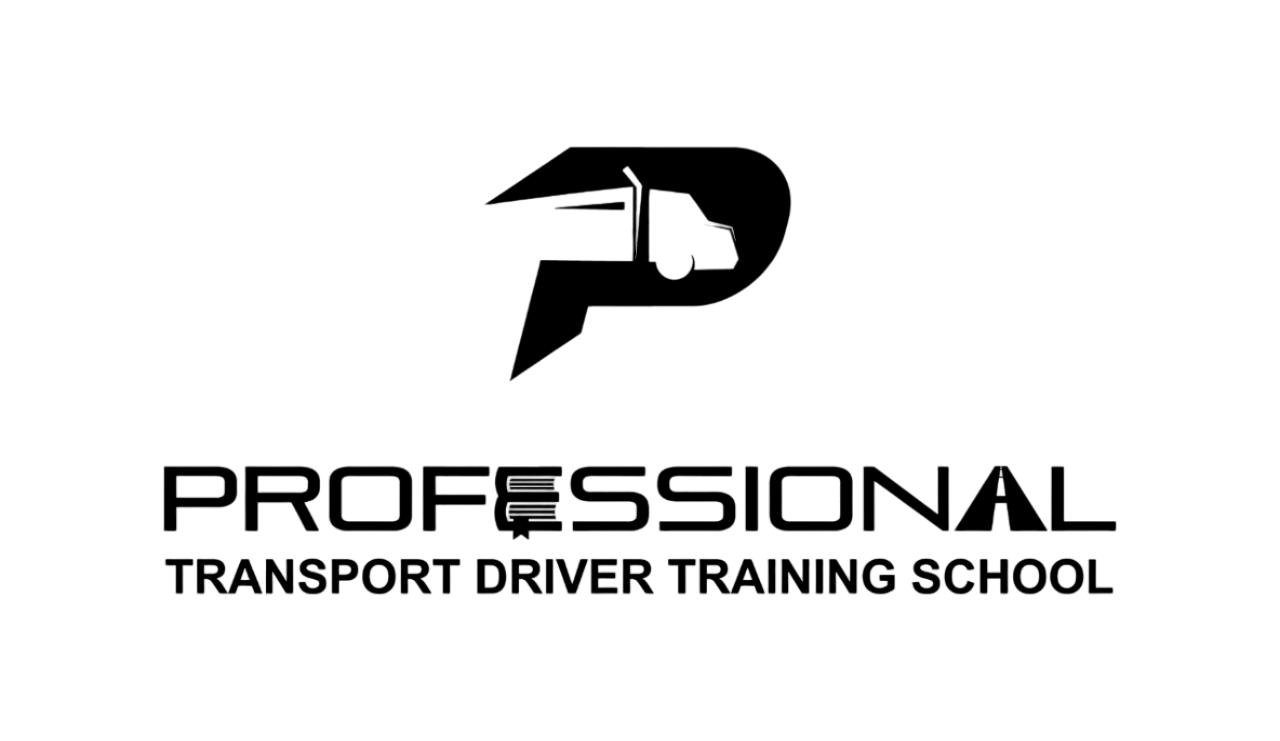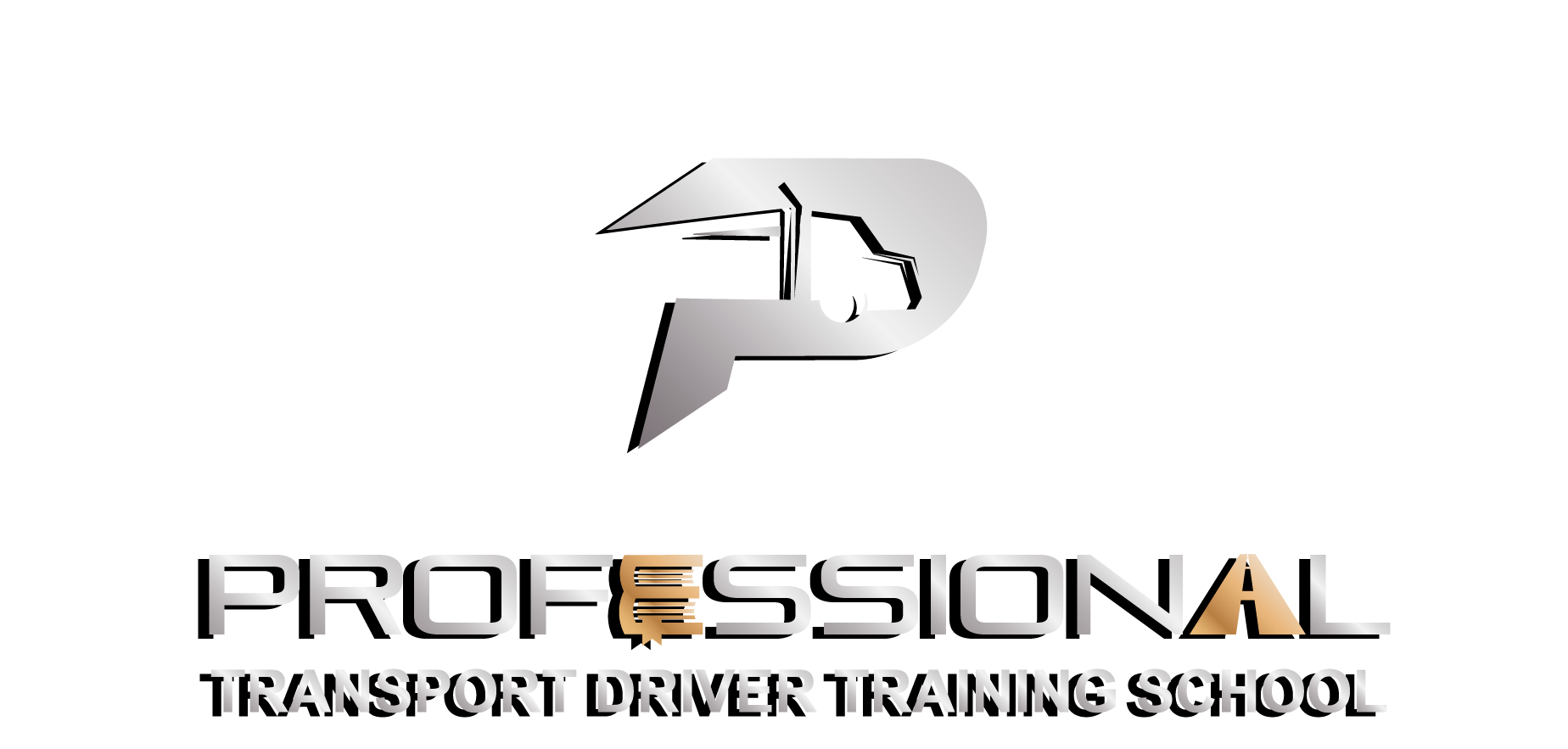Overcoming Air Brake Challenges: Tips and Techniques from Our Experts
Operating a commercial vehicle is a task that demands meticulous attention, especially when it comes to the braking system. Air brakes are a significant component of any large vehicle, ensuring safety on the road. However, they can present a series of challenges for drivers.
At Professional Transport Driver Training School, we firmly believe that understanding and mastering air brake operations can be the key to your success on the road.
In this blog post, we share tips and techniques from our experienced instructors to help you overcome common air brake challenges.
Understanding Air Brake System Basics
Before diving into the specific challenges, knowing the basics of an air brake system is crucial. An air brake system uses pressurized air to activate the brakes, which then stops the vehicle. This system comprises three main components: the air compressor, brake chambers, and storage tanks (reservoirs). Each of these components plays a crucial role in ensuring the successful operation of your air brakes.
Air Brake Challenge 1: Brake Lag
Unlike hydraulic brakes, air brakes experience a noticeable delay or "brake lag" from the moment the brake pedal is pressed until the vehicle begins to slow down. This delay can be disconcerting for new truck drivers and potentially lead to unsafe situations if not correctly understood and managed.
Tip: Always plan your stops well in advance. Anticipating your stop allows you the necessary time to allow for the brake lag, ensuring a smooth, safe stop.
Air Brake Challenge 2: Brake Overheating
Under heavy usage, such as during downhills or long periods of consistent braking, air brakes can overheat. This can lead to brake fade, an unsafe situation where the vehicle's braking capability diminishes.
Technique: The key to preventing brake overheating is properly using the engine braking system and reducing the need for consistent braking. Regularly monitor your speed and make sure to downshift to a lower gear before starting a steep descent.
Air Brake Challenge 3: Brake Inspection and Maintenance
Ensuring your air brake system is in good working order requires regular inspection and maintenance. However, some issues, such as air leaks or worn-out brake components, might not be easily identifiable.
Tip: Regular inspection of all components and listening for continuous air leaks can save you from many potential problems. Having a comprehensive understanding of all the parts of your air brake system can make this process straightforward and effective.
Air Brake Challenge 4: Winter Operation
Winter conditions can affect your air brake system as moisture in the air can freeze and cause blockages. This can result in brake failure or diminished braking ability – a dangerous situation in slippery winter conditions.
Technique: Always drain the air tanks daily to remove any accumulated moisture. Using alcohol-based air brake antifreeze can help prevent freezing.
Overcoming Challenges Through Quality Training
At Professional Transport Driver Training School, we understand the complexities of operating a Class 1 or Class 3 vehicle equipped with air brakes. Our comprehensive Air Brake Program delivers expert training on understanding, operating, and maintaining air brake systems. We ensure you are well-prepared to face and conquer the challenges presented by air brakes.
Final Thoughts
Understanding and mastering the operation of your air brake system is a critical component of safe truck operation. With the right knowledge and skills, overcoming these air brake challenges becomes a routine part of your job as a professional driver.
Ready to learn more about air brakes and overcome any challenges they pose? Connect with Professional Transport Driver Training School today. With access to expertly-curated courses and individual attention from our experienced instructors, we will ensure that you are well-equipped with the knowledge, skills, and confidence you need to succeed on the road.
Contact us now for more information on our Air Brake Program, or to sign up for your training. We look forward to working with you towards your successful career in professional driving!











